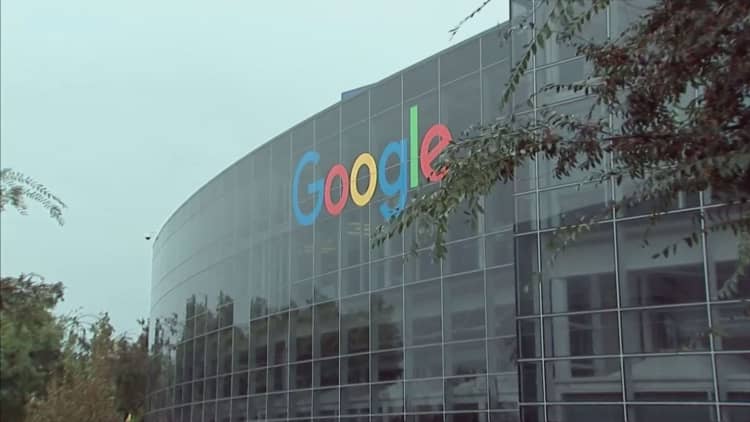
Google's Chromebooks have made inroads in the education market, so much that Microsoft has built its own Windows laptop to compete with them.
Now Google looks keen to take share in Microsoft's real stronghold: big companies.
On Tuesday Google is launching Chrome Enterprise, a service that will give IT admins inside enterprises the ability to manage devices running Google's open-source Chrome OS desktop operating system, using tools they're already familiar with. The new license, which will cost $50 per year per Chrome OS device, is an enhancement of the Chrome device management license that's been available since 2011.
Admins can start using existing user profiles in Microsoft Active Directory software running in on-premises data centers for managing employees' Chromebook use. Additionally admins will be able to manage Chromebooks from VMware's Airwatch enterprise mobility management software, with alternatives to come later.
The new license is Google's attempt to improve the software part of the equation to get big companies to buy more Chromebooks. Google has previously tried to entice companies with discounts on Chromebooks themselves. More recently Google has gotten third-party hardware makers to develop non-laptop Chrome OS devices, including a Samsung convertible tablet with an integrated stylus.
Worldwide Chromebook shipments were up 38 percent in 2016, while the overall PC market dropped 6 percent, Gartner said last month.
The move comes after Apple has partnered with Cisco, Deloitte, IBM and SAP in an effort to get iOS devices into enterprises. Both Apple and Google are eager to displace Windows in the enterprise.
To make Chromebooks more versatile and less limited to what's available on the web, Google has been taking steps to bring the Google Play Store to Chromebooks, opening the door to millions of Android apps. The Play Store now works on more than 25 types of Chromebooks, and company administrators can restrict or allow specific Android apps to be run on Chrome OS devices, Google group product manager Eve Phillips told CNBC in an interview.



